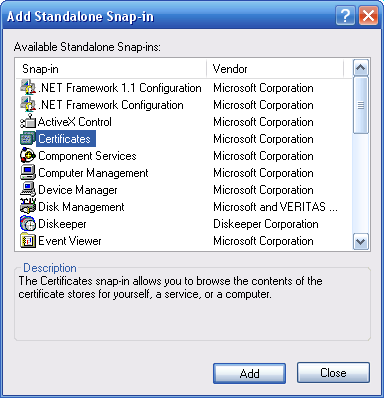
Inspect the generated certificates under /etc/kubernetes/pki to make sure they are generated correctly. Now use kubeadm to renew all certificates.

Sudo mv /etc/kubernetes/nf /etc/kubernetes/ Renew Expired Kubernetes Certificates Sudo mv /etc/kubernetes/nf /etc/kubernetes/ Sudo mv /etc/kubernetes/pki/front-proxy-client.key /etc/kubernetes/pki/ Sudo mv /etc/kubernetes/pki/front-proxy-client.crt /etc/kubernetes/pki/ Sudo mv /etc/kubernetes/pki/apiserver-kubelet-client.key /etc/kubernetes/pki/ Sudo mv /etc/kubernetes/pki/apiserver-kubelet-client.crt /etc/kubernetes/pki/ Sudo mv /etc/kubernetes/pki/apiserver.crt /etc/kubernetes/pki/ Move / backup old certificate and kubeadm config files: sudo mv /etc/kubernetes/pki/apiserver.key /etc/kubernetes/pki/ To regain access I needed to SSH onto a master node in the cluster and do the following: I realised when issuing a kubectl command to the cluster and receiving an error along the lines of x509: certificate has expired or is not yet valid. Unfortunately I had not done an upgrade on my home cluster in the last year. Kubeadm has a feature to auto-renew certificates during control plane upgrades.

I wasn’t tracking their age and all of a sudden I found them expired. I finally ended up with removing the istio-ca-secret (which obviously doesn’t get removed when removing the chart) causing Citadel to recreate the istio-ca-secret.Recently I had to renew expired kubernetes certificates on my home lab cluster after getting locked out from managing it.

In order to solve the problem I removed istio and redeployed the chart (yeah - I was desperate ). I assume(!) it was because the certificate generated by citadel expired since the istio-ca-secret was older than > 1y: We are currently running Istio v1.0.4 on our kubernetes cluster and recently had issue whenever we tried to deploy new charts via helm:Įrror: release aged-bumblebee failed: Internal error occurred: failed calling admission webhook “ ”: Post …/admitpilot?timeout=30s: x509: certificate has expired or is not yet valid


 0 kommentar(er)
0 kommentar(er)
